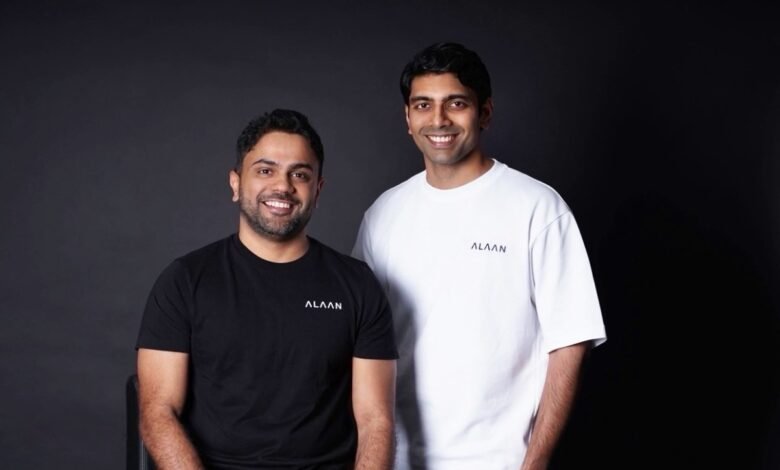Alaan Secures $48M in MENA’s Largest AI Fintech Series A Round

▼ Summary
– Parthi Duraisamy co-founded Alaan after experiencing difficulties with corporate expense management in the Middle East, where American Express cards were rarely accepted.
– Alaan recently raised $48 million in Series A funding, led by Peak XV Partners, marking one of the largest fintech Series A rounds in the MENA region.
– The company faced regulatory challenges in the UAE and Saudi Arabia, delaying its launch and expansion, but innovated by integrating Apple Pay and OpenAI early.
– Alaan shifted its AI strategy from a chatbot to automating backend processes like receipt matching and VAT extraction, saving finance teams 1.5 million hours of manual work.
– The fintech is profitable, generating $10 million in revenue with $5 million in spending, and plans to scale its operations in Saudi Arabia using the Series A funding.
Alaan, the Middle East’s premier spend management platform, has secured $48 million in Series A funding, one of the largest fintech investments in the MENA region. The round was led by Peak XV Partners, with participation from prominent investors including 885 Capital, Y Combinator, and 468 Capital, alongside founders of regional unicorns like Tabby and Careem.
The company’s origins trace back to co-founder Parthi Duraisamy’s personal frustrations with corporate expense management during his time at McKinsey. Struggling with rejected American Express cards and manual reimbursement processes, he saw an opportunity to streamline financial operations for businesses. Today, Alaan serves over 1,500 finance teams, processing 2.5 million transactions for major enterprises such as G42, Careem, and Lulu Group.
Regulatory hurdles initially slowed Alaan’s launch, delaying its UAE debut by nearly a year. Expansion into Saudi Arabia faced similar challenges, requiring years of negotiations with the country’s central bank before going live earlier this year. Despite these obstacles, the fintech has thrived by focusing on AI-powered automation, integrating tools like Apple Pay for B2B transactions, a first in the region.
Early experiments with AI, including an OpenAI-powered chatbot, didn’t resonate with users. Instead, Alaan shifted its strategy, deploying AI behind the scenes to automate tasks like receipt matching, VAT extraction, and reconciliation. This approach has reportedly saved finance teams 1.5 million hours of manual work, a figure expected to grow as the company invests further in automation.
Profitability sets Alaan apart in a market often fixated on payment volumes. The company generated $10 million in revenue with just $5 million in spending, a disciplined approach Duraisamy attributes to guidance from Y Combinator and mentors.
With fresh funding, Alaan plans to scale operations in Saudi Arabia, where transaction volumes have doubled monthly since launch. The capital will also fuel hiring in sales, compliance, and customer success, alongside deeper AI integration for finance automation.
When asked if Ramp’s rapid growth influenced investor confidence, Duraisamy emphasized fundamentals. “Investors care about capital efficiency, revenue, and go-to-market strength,” he noted. “Our traction speaks for itself, this funding reflects our execution, not market trends.”
As Alaan cements its leadership in MENA’s fintech space, its focus remains on solving real pain points for businesses, proving that scalable solutions and disciplined growth can thrive even in complex regulatory environments.
(Source: TechCrunch)